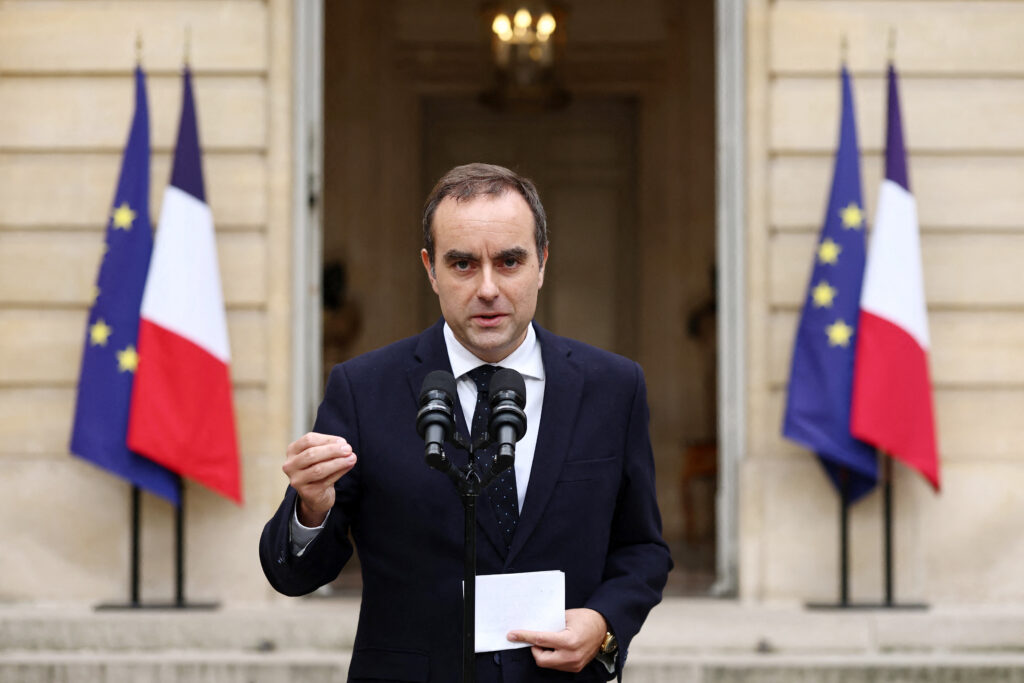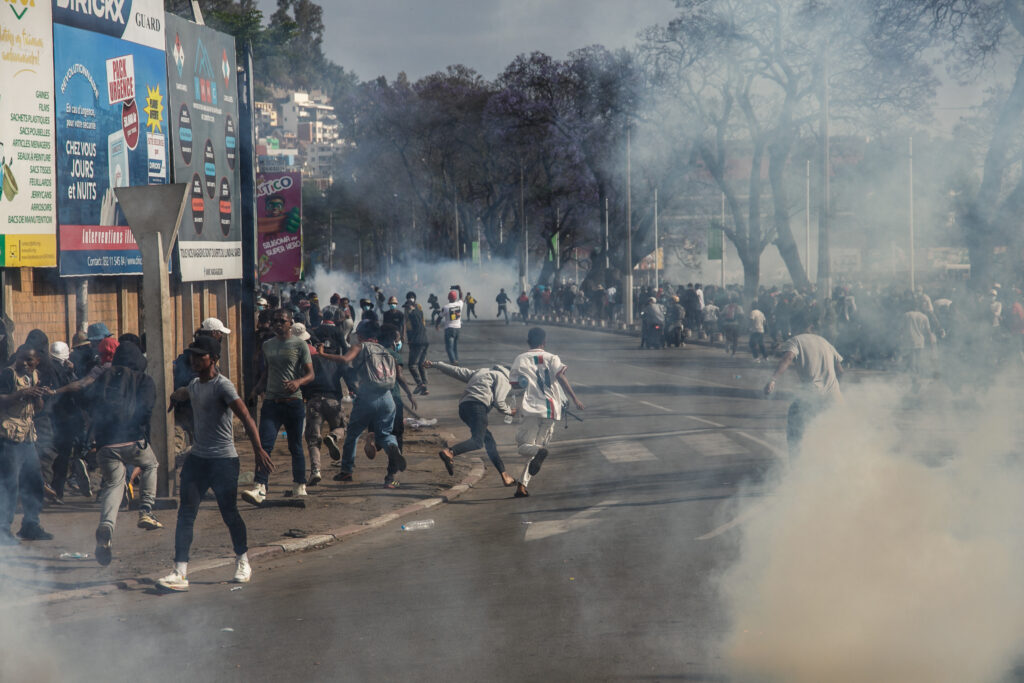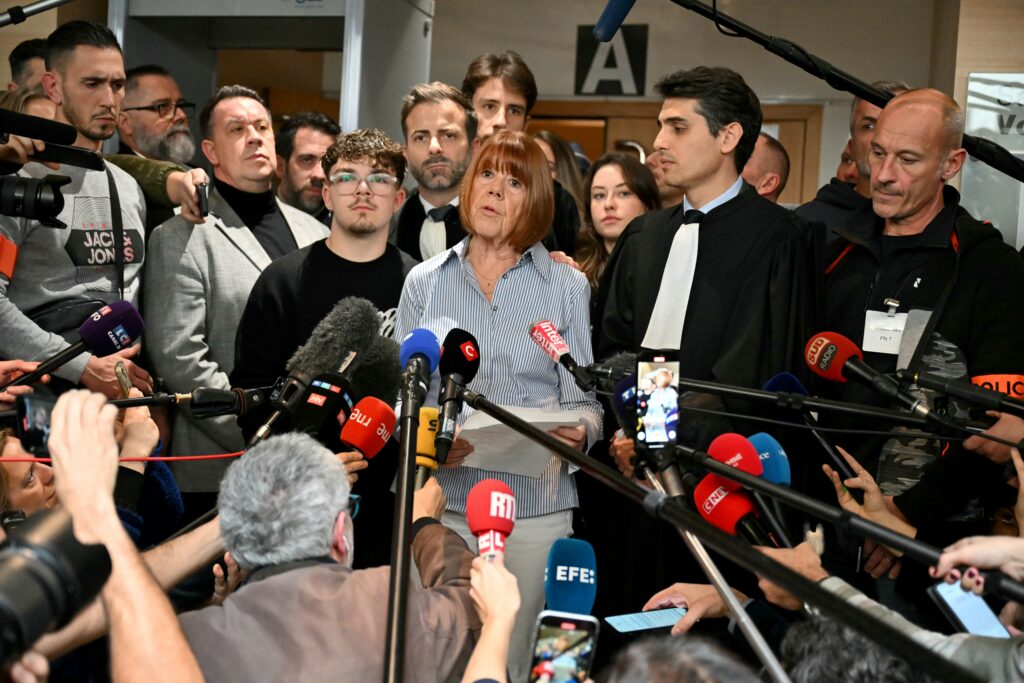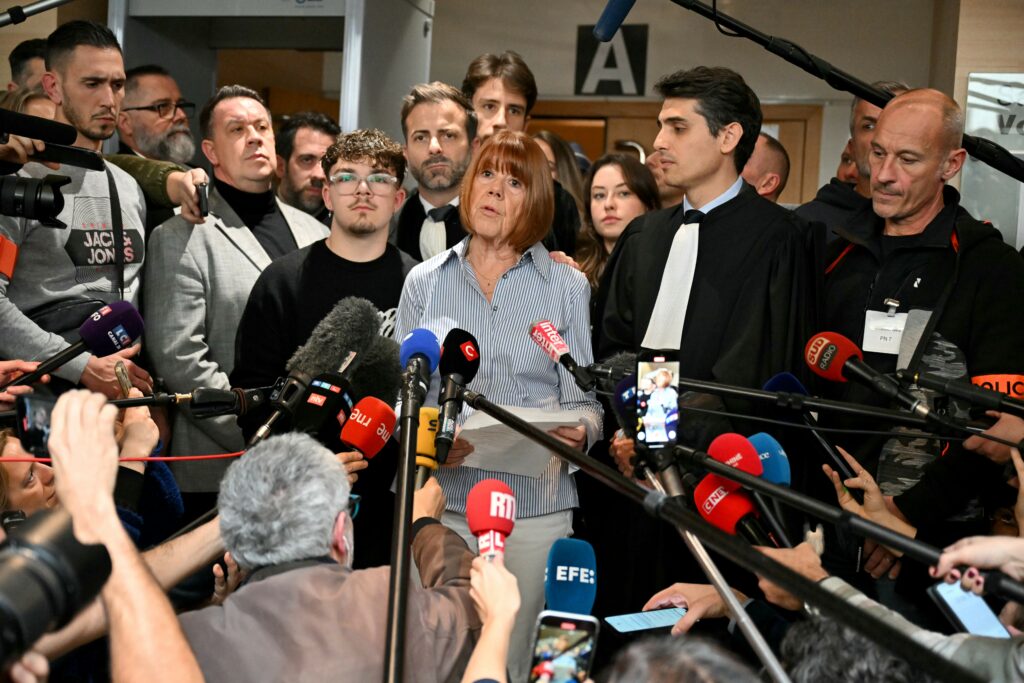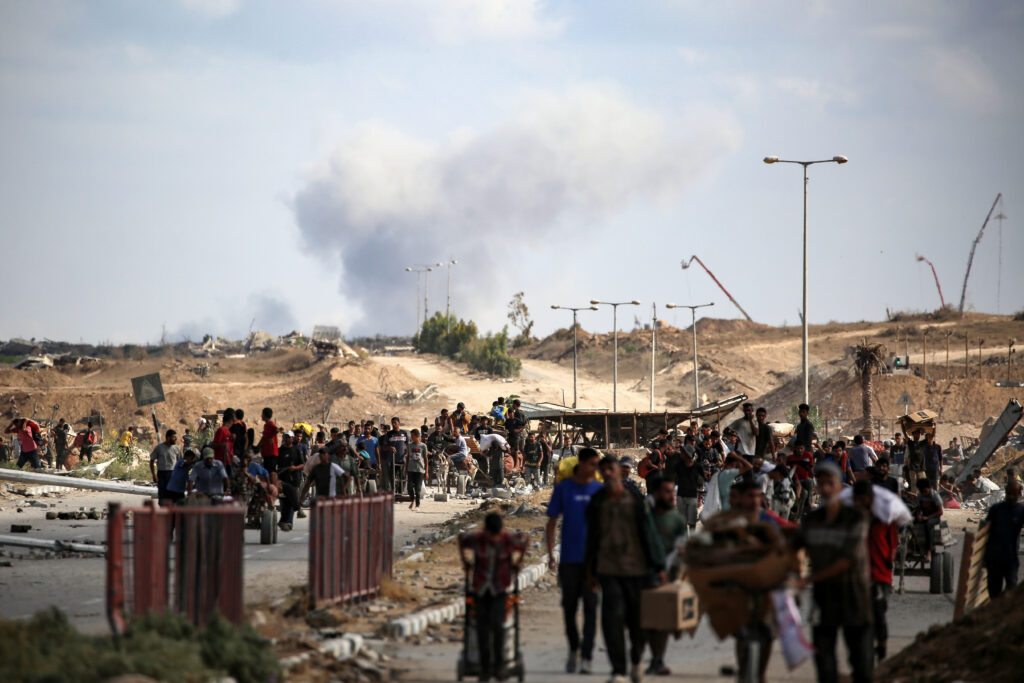Lecornu démissionne, Macron sous pression pour réagir
Déflagration politique: quelques heures à peine après avoir formé son gouvernement, Sébastien Lecornu a remis lundi sa démission, fragilisé de l’intérieur par la fronde des Républicains de Bruno Retailleau, une décision qui place Emmanuel Macron au pied du mur.Nomination d’un nouveau Premier ministre ? Dissolution de l’Assemblée ? Sollicité, l’entourage du chef de l’État ne laisse rien filtrer de ses intentions alors que plusieurs voix lui demandent de s’exprimer rapidement.Troisième Premier ministre désigné en un an depuis la dissolution de juin 2024, Sébastien Lecornu, nommé le 9 septembre et qui devait tenir son premier Conseil des ministres lundi, s’est rendu aux premières heures de la matinée à l’Élysée pour remettre sa démission au président, qui l’a acceptée.”Les conditions n’étaient plus remplies” pour rester, a-t-il déclaré un peu plus tard depuis Matignon, regrettant “les appétits partisans” ayant conduit à sa démission, une allusion claire à Bruno Retailleau qui dimanche soir a précipité sa chute en remettant en cause la participation des Républicains au gouvernement à peine formé.Les partis politiques “continuent d’adopter une posture comme s’ils avaient tous la majorité absolue”, a déploré Sébastien Lecornu. Il a regretté que son offre de renoncer à l’article 49.3 de la Constitution pour redonner la main au Parlement n’avait “pas permis” d’évacuer la menace d’une censure agitée par la gauche et le Rassemblement national.Il s’agit du gouvernement le plus bref de la Ve République, à peine plus d’une douzaine d’heures. Sa chute plonge la France dans une crise politique sans précédent depuis des décennies.- Démission, dissolution ou cohabitation -Que va faire le président de la République ? Dissoudre une Assemblée figée en trois blocs comme le demande le RN, démissionner comme le voudrait LFI ou nommer un Premier ministre de gauche comme le réclament écologistes et socialistes ? Ou encore faire appel à une personne non marquée à la tête d’un +gouvernement technique+ ?Presque simultanément à l’annonce de la démission de Sébastien Lecornu, le président du Rassemblement national Jordan Bardella a appelé Emmanuel Macron à dissoudre l’Assemblée et convoquer de nouvelles législatives anticipées. “Il ne peut y avoir de stabilité retrouvée sans un retour aux urnes”, a-t-il déclaré en arrivant au siège du parti d’extrême droite pour évoquer la situation avec Marine Le Pen. Cette dernière a également jugé une dissolution “absolument incontournable” et estimé qu’une démission d’Emmanuel Macron serait “sage”.Le leader de la France insoumise (LFI) Jean-Luc Mélenchon a demandé l’examen “immédiat” d’une motion de destitution du président de la République “à l’origine du chaos”.M. Mélenchon a proposé aux autres partis de gauche “une rencontre” dans l’après-midi, rencontre “qui n’aura pas lieu” selon la patronne des écologistes Marine Tondelier en raison des relations tendues entre Insoumis et PS.Réunis en bureau national, les socialistes, qui avaient réclamé un nouveau débat parlementaire sur la réforme des retraites pour ne pas censurer Sébastien Lecornu, restaient discrets à la mi-journée. Leur premier secrétaire Olivier Faure s’est contenté de saluer sur X Sébastien Lecornu, un “gaulliste” qui vient de “démissionner avec dignité et honneur”.Un socialiste pourrait-il être appelé à Matignon ? Dans son allocution, Sébastien Lecornu a affirmé que “certaines formations politiques de l’opposition ont compris” le principe de bâtir un compromis, semblant désigner le PS alors que le chef des députés Modem, Marc Fesneau, s’est dit prêt à “trouver un compromis historique pour la France”.- Retailleau “pas du tout” responsable -Ce serait dans ce cas sans Les Républicains car pour leur patron, Bruno Retailleau, “il est hors de question de cautionner un Premier ministre de gauche”.Pointé du doigt par Sébastien Lecornu, M. Retailleau ne se sent “pas du tout” responsable de la crise. Principal objet de sa colère, assure-t-il: le retour surprise aux Armées de Bruno Le Maire, symbole pour la droite du dérapage budgétaire des dernières années de gouvernement macroniste. Alors que Sébastien Lecornu lui a reproché d’avoir préféré “son parti au pays”, M. Retailleau assure que le Premier ministre lui avait “caché” cette nomination, ce qui pose “un problème de confiance”. La Bourse de Paris accusait à la mi-journée une baisse d’1,4%. Sur le marché obligataire, le taux d’intérêt à dix ans passait au-dessus de celui de l’Italie. La situation est suivie de près dans l’UE. “Une France stable est une contribution importante pour l’Europe”, a réagi le porte-parole du gouvernement allemand, Stefan Kornelius.
